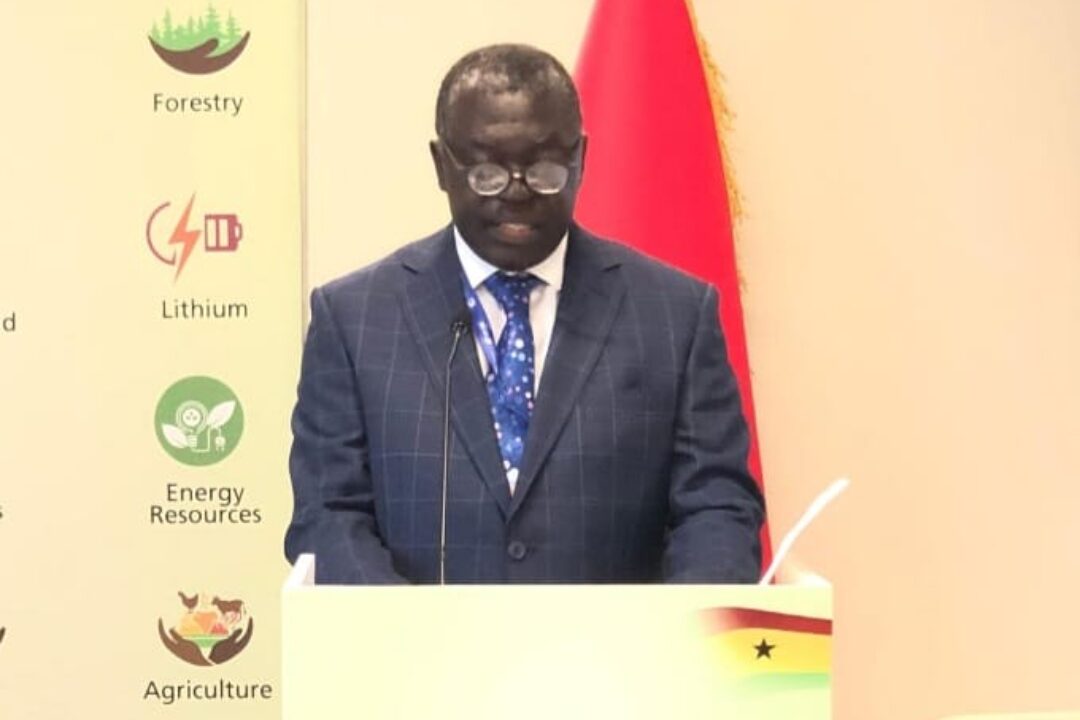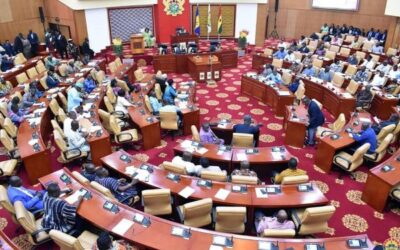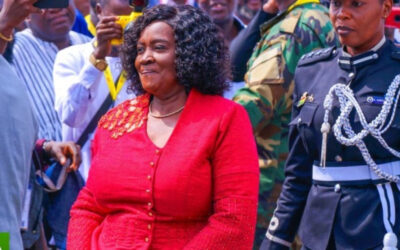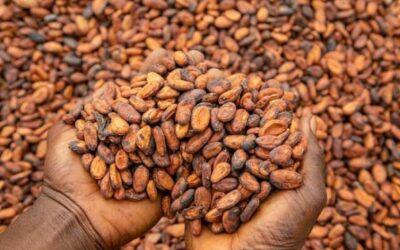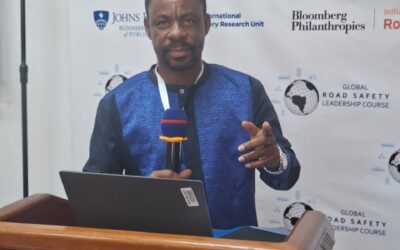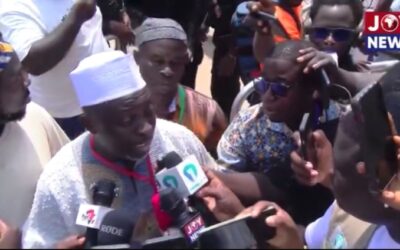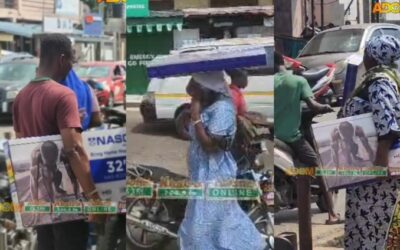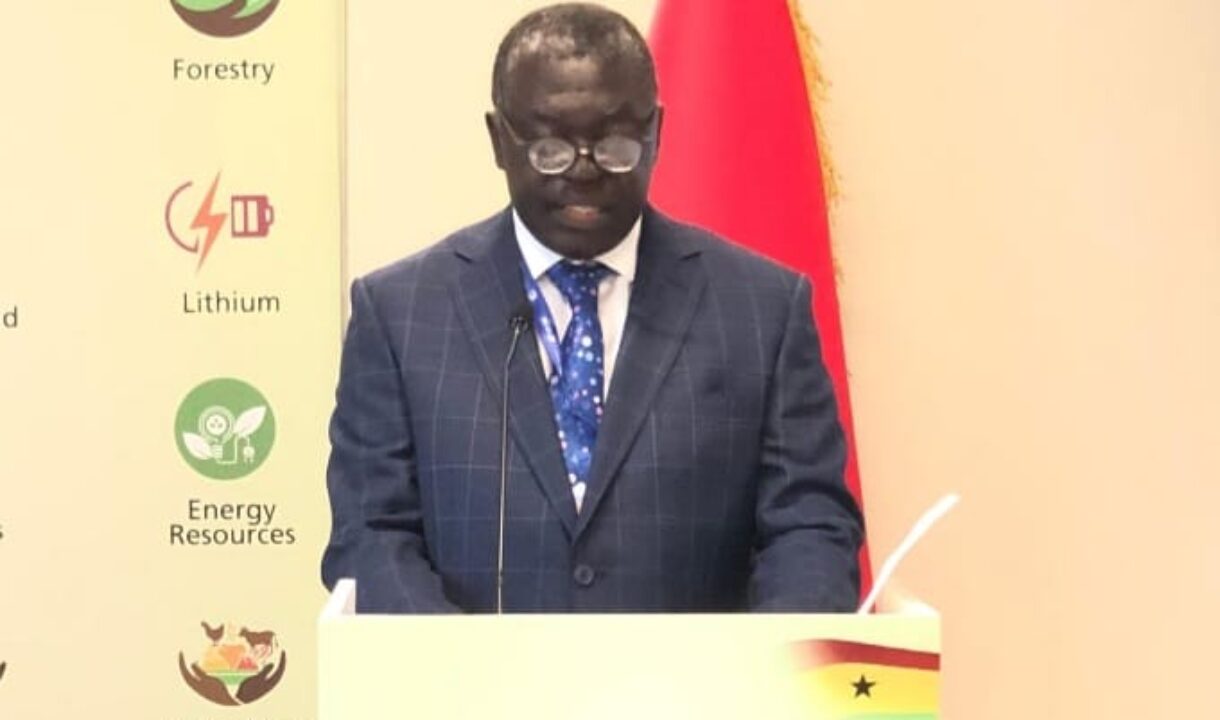Ghana has emerged as one of the global leaders in strengthening inclusion within the context of Reducing Emissions from Deforestation and Forest Degradation (REDD+) Results-Based Payment (RBP) mechanisms.
Benito Owusu Bio deputy minister of lands and Natural resource announced this in his closing remarks under the theme “Strengthening Inclusion in REDD+ Result-Based Payment, as part of a series of events at the Conference of Parties (COP 28) hosted by the United Arab Emirates in Dubai.
He disclosed that over the last 15 years Ghana has engaged in the REDD+ project from readiness to result-based payment phase.
Ghana’s commitment to involving marginalized communities, indigenous peoples, and other vulnerable groups in decision-making processes has garnered international recognition for its efforts towards equitable and sustainable forest conservation.


Ghana recognizes that inclusive approaches are essential for the success of REDD+ initiatives, particularly in developing countries where marginalized communities heavily depend on forests for their livelihoods.
Benito stressed that local communities, indigenous peoples, women’s groups, and other stakeholders, including traditional leaders, are actively engaged in decision-making processes related to forest management and REDD+.
He added, “Their perspectives are sought during project design, implementation, and monitoring phases, and in that process, no one is be left out”
So far, Ghana has successfully implemented the Ghana Cocoa Forest REDD+ programme as part of capacity-building programs aimed at empowering local communities with the knowledge and skills necessary for effective participation.

These programs provide training on sustainable land management practices, renewable energy alternatives, and income-generating activities that do not rely on deforestation.
Under the Ghana Sheer Landscape Emission Reduction Project, it is anticipated that the project will directly strengthen the livelihoods and climate resilience of 100,200 people (78,850 women and 21,350 men).

The policy framework of the project is seeking to enhance forest carbon stocks across the landscape by restoring 200,000 hectares of off-reserve savannah forests under self-financing community management in Community Resource Management Areas.

Additionally, the project is to restore 100,000 hectares of degraded shea parklands creating 25,500 hectares of modified forest plantation in severely degraded forest reserves.
The United Nations Climate Change Conference, COP 28, is taking place in Dubai, United Arab Emirates, between November 30 and December 12, 2023.
Annual Climate Change Conferences (COPs) are organized by the United Nations and are the only multilateral forum for climate change decision-making with nearly every country in the world as a member.
Source: Isaac Justice Bediako


